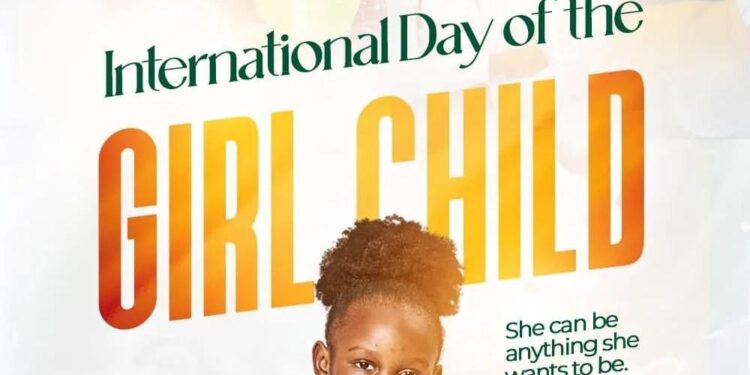Sarajevo, October 11 – The International Day of the Girl Child was commemorated today in Sarajevo with a series of events organized by UNICEF, highlighting the rights and challenges faced by girls worldwide. The observance, marked annually on October 11, aims to raise awareness on issues including education, gender-based violence, and child marriage, while advocating for equal opportunities and empowerment of girls. This year’s activities in the Bosnian capital brought together local officials, activists, and young participants to emphasize the importance of investing in the future of girls as a cornerstone for sustainable development.
International Day of the Girl Child Observed in Sarajevo with Focus on Education and Empowerment
Across Sarajevo, significant attention was dedicated to championing the rights of girls through educational empowerment. Community centers, schools, and local organizations collaborated to highlight the vital role that education plays in shaping future generations. Discussions emphasized tackling barriers such as gender inequality, limited access to quality education, and social stigma. The day’s activities included workshops, panel talks, and interactive sessions aimed at nurturing leadership skills, promoting digital literacy, and fostering a supportive environment for young girls to thrive.
- Interactive workshops: Focused on STEM and creative arts to ignite curiosity and innovation.
- Mentorship programs: Connecting girls with successful female role models from various fields.
- Awareness campaigns: Highlighting the importance of safe and inclusive schooling environments.
| Age Group | Workshop Attendance | New Enrollments |
|---|---|---|
| 6-10 years | 120 | 15 |
| 11-15 years | 180 | 25 |
| 16-18 years | 95 | 10 |
Unicef Highlights Challenges Facing Girls in Bosnia and Herzegovina and Calls for Increased Support
UNICEF has drawn attention to the persistent challenges that girls in Bosnia and Herzegovina continue to face, emphasizing the need for targeted interventions and stronger community engagement. Among the critical issues highlighted are limited access to quality education, early marriage, and gender-based violence, which disproportionately affect young girls and restrict their opportunities for growth and empowerment. These issues are exacerbated in rural areas where resources and support systems remain scarce.
Key concerns identified include:
- High rates of school dropout among adolescent girls, particularly in marginalized communities.
- Insufficient mental health services tailored to the needs of young females.
- Prevalence of harmful traditional practices limiting girls’ rights.
| Challenge | Impact | Recommended Action |
|---|---|---|
| Early Marriage | Interrupts education, increases health risks | Community awareness programs, legal reforms |
| School Dropout | Limits career and life opportunities | Scholarships, gender-sensitive curricula |
| Gender-Based Violence | Physical and psychological harm | Safe spaces, stronger legal protection |
Experts Recommend Policy Reforms and Community Initiatives to Advance Girls Rights and Opportunities
Leading voices from across Sarajevo’s social and policy sectors emphasized the urgent need to overhaul existing frameworks to ensure equal rights and opportunities for girls. Experts highlighted that effective change must come through targeted policy reforms that dismantle systemic barriers, including educational inequities, gender-based violence, and restricted access to healthcare services. Community-based initiatives, they argue, play a critical role in reinforcing these laws by fostering environments that nurture girls’ empowerment and leadership from an early age.
Among the recommended actions are:
- Implementing gender-sensitive curricula in schools to challenge stereotypes
- Establishing safe spaces where girls can express themselves freely
- Promoting mentorship programs linking young girls with female role models
- Increasing access to mental health support tailored specifically for girls
A recent study tabled during the event offered a snapshot of current gaps and progress:
| Area | Current Status | Goal by 2030 |
|---|---|---|
| School Enrollment | 82% | 95% |
| Access to Healthcare | 67% | 90% |
| Representation in Leadership | 14% | 40% |
| Legislation Against GBV | Partial | Comprehensive |
The Conclusion
As Sarajevo marked the International Day of the Girl Child, UNICEF’s initiatives and local partnerships underscored the ongoing commitment to advancing girls’ rights and opportunities in the region. While progress has been made, the celebrations served as a reminder of the work still needed to ensure every girl can reach her full potential, free from discrimination and barriers. The event in Sarajevo highlighted not only the challenges but also the resilience and determination of girls worldwide, reaffirming the global call for continued action and support.
















